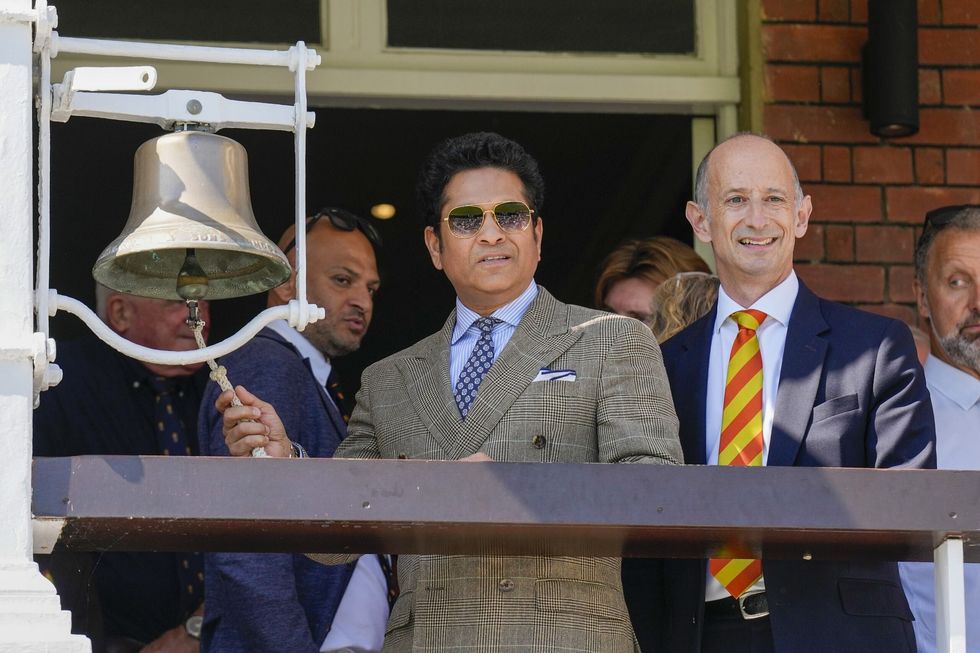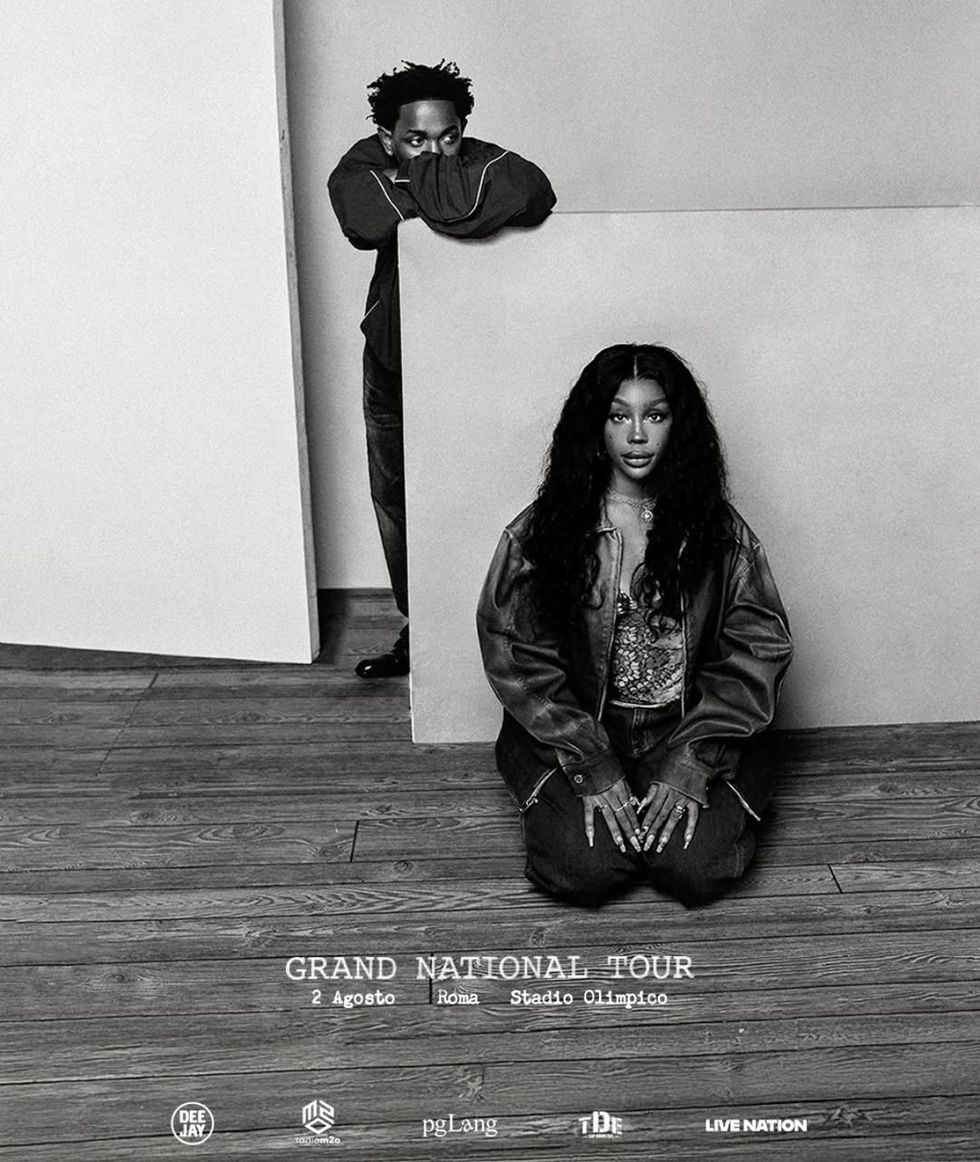By Nadeem Badshah
MORE temples, mosques and gurudwaras should team up with NHS services to help people with mental health problems, experts have said.
Religious leaders have been urged to help educate families on conditions such as anxiety and depression to break the taboo in the south Asian community.
Previous research has shown south Asian women are two-and-a-half times more likely than white women to take their own lives. The NHS has been urged to offer more outreach services in places of worship for people to seek help.
Aarti Kumari, regional manager of London at suicide prevention charity Papyrus, told Eastern Eye: "Many people turn to their faith in times of crisis, and while faith can provide much-needed comfort, it is important to identify when you need spiritual guidance and when you need medical advice.
"Temples and mosques have a vital role to play in helping to educate a community on getting the help they need and supporting families in breaking down the stigma of accessing this support.
"Temples and mosques often hold a position of respect and leadership in their communities, so working closely with GP's and medical services can support a more joined-up approach and help to break down the stigma of mental health and suicide".
Kumar' added: "For many, suicide is a taboo subject which prevents young people from seeking help, either from their family or community services.
"Papyrus Hopeline UK is a confidential telephone, text and email service staffed by mental health professionals who understand faith issues. They provide practical help and support, including how to start the conversation, to young people who are struggling, as well as anyone worried about a young person they know”.
The Muslim Council of Britain (MCB) said it works with a mental health charity Inspired Minds. Last Saturday (15), the MCB organised a training session in Peterborough, Cambridgeshire, for imams, chaplains, community leaders and mosque committee members. It covered Islamic psychology, how to spot signs of illnesses, addressing the stigma, coping strategies, ideas for sermons and where to direct people for mental health support.
Meanwhile, the First ever "Autism Hour" at a masjid in partnership with the National Autistic Society was organised at Finsbury Park Mosque in London last Sunday (16) which featured a guided tour, low volume call to prayer and introduction to the faith.
Dinesh Bhugra, professor of mental health and diversity at the Institute of Psychiatry at King's College London, told Eastern Eye "When we interviewed the south Asian community in Southall, we found Punjabi women often see symptoms of depression as parts of life's ups and downs, rather than as a medical condition.
"When asked what they would do, they told me they would rather go to the temple, the mosque or the gurdwara than see a psychiatrist. "This reflects their explanatory models and the NHS must have outreach services in religious places. Services should go out to where patients are rather than always expecting them to come to us”.
Harmander Singh, spokesman for the Sikhs in England think-tank who helped to launch the London Boroughs Faith Network, said attitudes towards illnesses like depression need to change.
He said: “There's a view among some that it is down to something they have done a previous life, almost using it as an excuse not to deal with mental health -it's a sad state of affairs.
"It is a cultural stigma, not part of anyone's religion. Causes of mental health like stress are not looked at.
"More places of worship could assist in signposting people to particular groups. Someone may not recognise they have a mental illness or they could be lonely, non-traditional therapies have a place.
"There is too much stigma attached to bad behaviour and they use religion as an excuse not to deal with it. The elderly hold onto views which are perhaps outdated.
"The focus should be on solutions like therapy rather than people being outcast and labelled 'mad; as we are all equal in the eyes of God".
MM, a 40-year-old practising Hindu has a history of depression, anxiety and obsessive-compulsive disorder. He told researchers from the Royal College of Psychiatrists he tried meditation and the ancient Indian breathing technique 'Pranayama' twice a day, with the help of his local temple, and his condition improved.
The Office for National Statistics (ONS) does not include data on ethnicity in its figures on suicides, with campaigners calling for a change to this rule last year.
A previous report for the Department of Health called Religion or Belief has highlighted the role a person's faith can play in seeking treatment.
It said: "Spiritual interpretations of mental disease can play a crucial part in therapeutic success. An awareness of 'demonic' and other religious interpretations or models of mental diseases, and the fact that there is often stigma attached to mental health conditions in some cultures is very important.
"A holistic approach to the patient, which takes account of their physical, cultural, social, mental and spiritual needs, would seem to have a particular significance within mental health services.
"Spirituality and an individual's religion or beliefs are increasingly acknowledged as playing an important role in the overall healing process".





 (Photo credit: PTI)
(Photo credit: PTI)










 Kendrick Lamar and SZA commands the stage at Villa Park during his explosive opening setInstagram/
Kendrick Lamar and SZA commands the stage at Villa Park during his explosive opening setInstagram/
